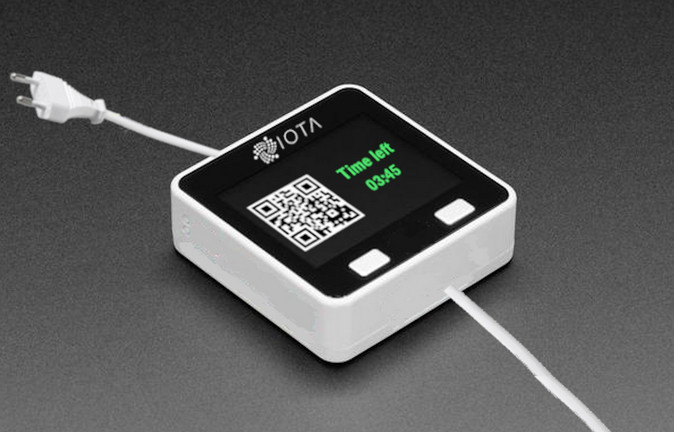- The UNHCR is actively exploring decentralized identity solutions, especially zero-knowledge proofs (ZK-proofs), to ensure the safety of refugees crossing the border.
- Recognizing the potential of blockchain technology, the agency has already launched a pilot project using USD Coin (USDC) stablecoin for rapid financial assistance to Ukrainian refugees.
The treasurer of a United Nations agency recently noted that ensuring the safety of refugees crossing borders increasingly depends on decentralized identity solutions that use zero-knowledge proofs (ZK-proofs).
The United Nations High Commissioner for Refugees (UNHCR) is actively working to establish an identity infrastructure to facilitate rapid migration for refugees while ensuring the verification and preservation of their identities, says Carmen Hett, Treasurer of the Department of Finance and Administrative Management of UNHCR.
This initiative addresses the common challenge refugees face in proving their identity, while their government often holds the key to verification. During a panel discussion last week, Hett said:
“Imagine crossing the border as a refugee; Not all laws in every country are the same, so the key is [to have]a system that can guarantee the trust that we as UNHCR can guarantee to ensure that identity is actually safe for the people at risk.”
Emphasizing the implementation of ZK-Proof solutions
Carmen Hett further emphasizes the crucial role of zero-knowledge proofs (ZK-proofs) in ensuring the safety of refugees during border crossings. Implementing ZK-proofs in the refugee context focuses on identity protection, data security and building trust in a borderless way.
Lack of ID for refugees can result in restrictions on access to essential services such as bank accounts and employment in the host country. ZK-proofs, a cryptographic protocol, provide a possible solution by enabling identity verification without revealing the actual contents of the statement, thus ensuring privacy. However, Hett emphasizes the need for more regulatory efforts to facilitate broader adoption of such technologies.
The United Nations High Commissioner for Refugees (UNHCR), charged with helping refugees and displaced populations, has embraced blockchain technology for efficient relief delivery. The agency launched a pilot project in December 2022, using the USD Coin (USDC) stablecoin to provide quick and accessible financial assistance to Ukrainian refugees affected by the war between Ukraine and Russia.
Carmen Hett praised the blockchain’s role in ensuring fast, accurate and transparent money transfers worldwide, allowing aid to reach recipients in minutes. In addition, UNHCR focuses on increasing the financial and digital literacy of displaced refugees, preparing them for cross-border financial management and storage.
Decentralized ID solutions
Several players in the blockchain industry have been working to bring decentralized ID solutions to the market.
The IOTA ecosystem has introduced the Stardust upgrade, with Identity 1.0. This upgrade marks a significant leap forward in the ownership and control of digital identities, prioritizing privacy and transforming the processes for generating, updating and resolving conflicts in Decentralized Identifiers (DIDs).
Identity 1.0 has been rigorously tested on the Shimmer platform and gives users full ownership and control over their digital identity, prioritizing user privacy. The upgrade brings a paradigm shift in DID management, integrating Alias Outputs capable of seamless interaction with other Layer 1 networks hosting both fungible and non-fungible tokens (NFTs).

